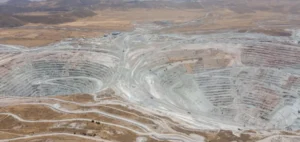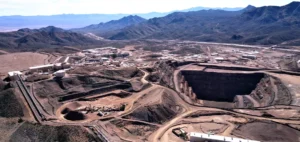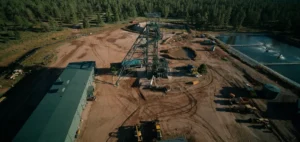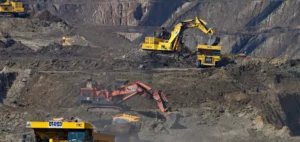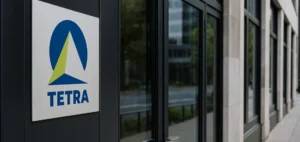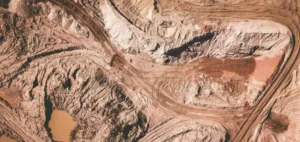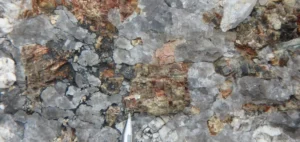TexPower EV Technologies Inc, a US-based manufacturer of cathode materials for lithium-ion batteries, has announced the appointment of Bader Almonawer as president. This decision comes as the company seeks to accelerate the reshoring of lithium iron phosphate (LFP) production in the United States. Founded in Houston in 2019, TexPower aims to expand its production capacity in response to China’s current dominance of the global LFP market.
The arrival of Bader Almonawer marks a new step for the company. He brings a broad background in finance, strategy and operations. He currently chairs the audit committee of NeOnc Technologies and serves on the boards of Neuromena and Arabian Group of Companies. His career also includes roles in consulting at McKinsey & Company and in investment banking at Citigroup, where he specialised in capital raising and mergers and acquisitions within the energy sector.
An industrial roadmap already underway
TexPower has already launched several concrete industrial initiatives. A 15-tonne pilot site is operating in Houston, while the company has secured a 7-acre plot for a first plant. This facility, currently in the engineering stage, is expected to produce up to 12,500 tonnes of LFP materials annually, equivalent to 5 GWh of lithium-ion batteries. Completion of the site is scheduled for 2027, with a large portion of the capacity already booked by strategic customers.
The company has also developed an industrial process aimed at reducing energy consumption and production waste, to ensure a sustainable scale-up of its operations. Through these efforts, TexPower aims to strengthen US self-sufficiency in critical battery materials.
Targeting 2030 with large-scale expansion
TexPower’s stated objective is to reach a capacity of 100,000 tonnes per year by 2030, equivalent to around 20 GWh of lithium-ion batteries. This ambition would place the company among the few significant LFP producers outside China, in a context where the North American supply chain is seeking to reorganise.
TexPower builds on the scientific work of Professors John B. Goodenough and Arumugam Manthiram, co-founder of the company, to advance LFP technology for industrial use. “TexPower is uniquely positioned to bring LFP production back to the United States,” said Bader Almonawer. According to Arumugam Manthiram, the new president “has the financial and operational expertise to achieve TexPower’s ambitious goals.”



